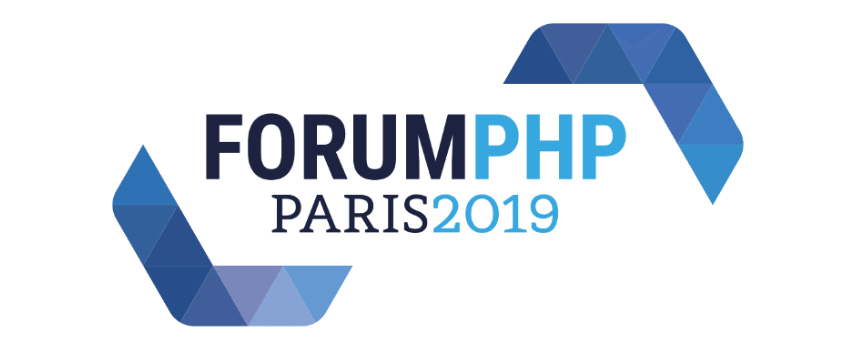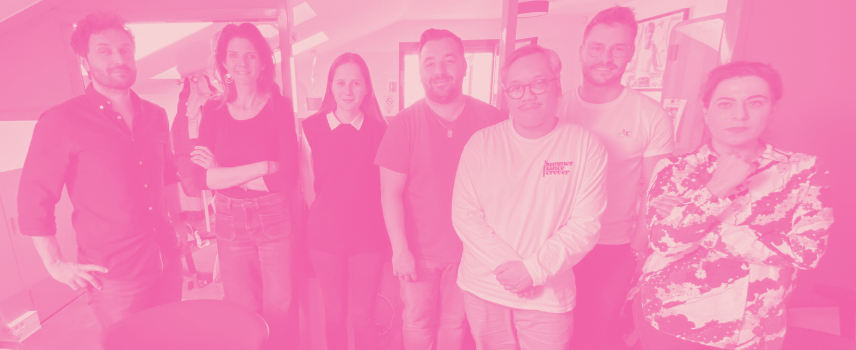PHP Forum 2019

It's been 3 years now that I've had the chance to attend the PHP Forum every year. Once again, I was not disappointed by the organization of the event and the quality of the conferences I was able to attend. Well done to the volunteers AFUP (@afup) who ensured great management of the event and who continue to improve year after year.
Performance, simplicity, resilience and PHP 7.4!
Performance & simplicity
During the entire PHP forum, two conferences really struck me on this subject. “ PHP pragmatic development » presented by Frédéric Bouchery (@FredBouchery) And " Progressive architecture » by Matthieu Napoli (@matthieunapoli). Frédéric pushes us to seek simplicity and to always think about the best solution adapted to our context. He gave us several tools allowing us to make the best decision as a team, such as solution matrices. He reminded us to keep in mind that we code for others but also for ourselves and that we must always strive to think KISS: “keep it simple and sexy”!
Matthieu gave us feedback on his new approach to project design. Rather than focusing on a concept like MVC, or DDD, he advises us to put 3 points at the heart of our thinking: the profession, the business and the human. He presented us with the fruit of his thinking: an architecture by module closely linked to the business in which each module has its own logic and only responds to a single need. You must also allow yourself to duplicate certain parts of your code in several modules if necessary in order to have a minimum of interdependence. This approach allows for code that is easy to refactor.
Résilience
Resilience is the ability of a system or network architecture to continue operating in the event of a failure. - Wikipedia
At one point or another, an application will encounter more or less critical bugs which may lead to the impossibility of using the service. This happens to all apps, even those from the biggest companies like Google and Amazon. No application can guarantee 99% uptime. Any developer must therefore ask themselves how their application will behave in the event of a crash.
Two PHP forum conferences covered the subject. That of Pascal Martin (@pascal_martin) - « A resilient application in a partially degraded world », rather theoretical. And that of Mickaël Andrieu (@mickael_andrieu) “Designing Resilient PHP Applications in 2019”. He gave us feedback on resilient application design at Prestashop and a framework designed around this concept, the Prestashop Circuit breaker.
Designing a resilient application involves managing retry, timeout and setting up a fallback allowing the application to operate in degraded mode.
Symfony HttpClient – PHP 7.4
The Symfony and PHP ecosystem continues to improve. Many new features will allow us to improve our code by the end of the year. The presentation of Nicolas Grekas (@nicolasgrekas) - « Symfony HttpClient vs Guzzle vs HttPlug » was stunning. He described his design steps in creating the Symfony HttpClient. Through demos and benchmarks, he was able to convince us that this new component integrated into Symfony 4.3 will easily surpass and replace the Guzzle client.
Please note, PHP 7.4 will be officially available on November 28, you can start testing its new features now. Damien Seguy (@faguo) presented these new features to us during his presentation “ Everything to prepare for PHP7.4″
Videos of all these conferences will soon be made available by AFUP. I can only advise you to take the time to look at them: https://www.youtube.com/user/afupPHP
I’m already looking forward to attending the AFUP day which will take place in Lyon on May 15, 2020 to learn lots of new practices :)


